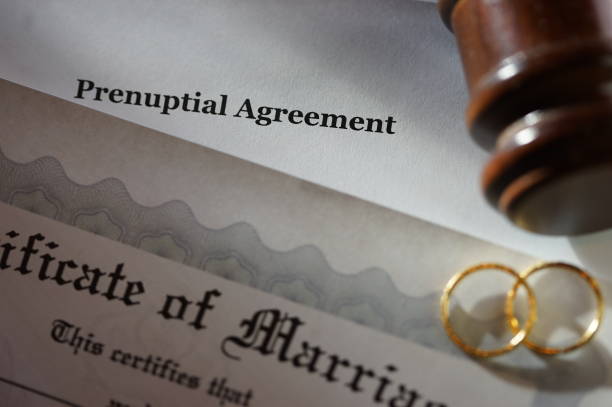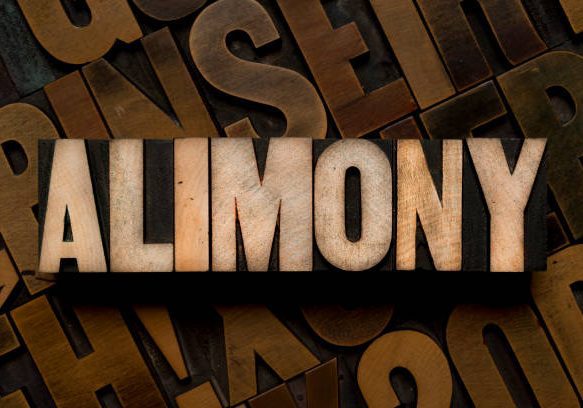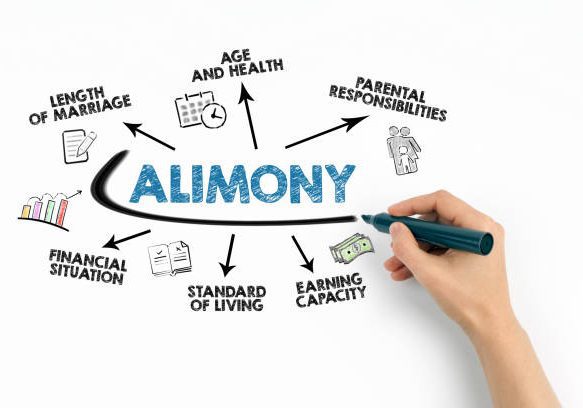Understanding the Legal Requirements for Marriage in Illinois

Getting married is a significant milestone in many people’s lives, offering a unique blend of personal and legal commitments. In Illinois, as in other states, the process of legalizing a marriage involves several steps and adhering to specific requirements. This comprehensive guide, brought to you by Pinkston Law Group, P.C., aims to demystify the legal landscape surrounding marriage in Illinois. Whether you’re a couple planning your big day or just curious about the legalities, this guide covers essential aspects such as marriage licenses, ceremonies, age restrictions, and more. Plus, we’ll offer some insights into how a legal professional can assist you through this journey.
Legal Age for Marriage in Illinois
The journey to matrimony in Illinois starts with understanding the basic requirement: age. Individuals must be 18 years or older to get married without parental consent. However, Illinois law allows for exceptions. With parental consent and a judge’s approval, individuals aged 16 and 17 can also marry. Couples must understand these regulations to ensure their marriage starts on legally solid ground.
Obtaining a Marriage License
Before saying “I do,” couples must obtain a marriage license, a critical step in the legal process. Here’s what you need to know about securing a marriage license in Illinois:
- Where to Apply: Couples must apply for a marriage license at the County Clerk’s office in the county where the marriage will take place.
- Application Requirements: Both parties must be present to apply and provide valid identification, such as a driver’s license or passport. Additionally, you’ll need to know your Social Security numbers and provide information about your parents, including full maiden names and places of birth.
- Waiting Period: There is a 24-hour waiting period from the time the license is issued until the marriage ceremony can legally be performed in Illinois.
- Fees: The fee for a marriage license varies by county, so it’s advisable to check with the local County Clerk’s office for the exact amount.
- Expiration: Once issued, the marriage license is valid for 60 days.
Types of Marriage Ceremonies in Illinois
In Illinois, marriage ceremonies can be either religious or civil. A judge, a county clerk in some counties, or an ordained or licensed member of the clergy can perform the ceremony. For those opting for a civil ceremony, many counties offer services at the courthouse, though it’s essential to check with your local County Clerk’s office for availability and scheduling. Regardless of the type of ceremony you choose, it must be conducted in the state of Illinois for the marriage to be legally recognized.
Same-Sex Marriage in Illinois
Illinois has recognized same-sex marriages since June 1, 2014, ensuring that all couples have the right to marry regardless of gender. The process for obtaining a marriage license and the legal recognition of the marriage are the same for all couples, reflecting the state’s commitment to equality.
Legal Implications of Marriage
Marriage is not only a personal commitment but also a legal one that affects many areas of your life, from taxes and inheritance to decision-making powers and property ownership. Understanding these implications can help you navigate your new legal status more effectively. For instance, spouses have the right to make medical decisions for each other, are entitled to inheritance rights, and can be subject to marital property laws.
Why You Might Need a Lawyer
While the process of getting married in Illinois is straightforward, legal issues related to marriage can be complex. Here are a few scenarios where consulting with a legal professional like Pinkston Law Group, P.C., could be beneficial:
- Pre-nuptial Agreements: Couples interested in establishing the terms of a potential separation or division of assets may consider a pre-nuptial agreement. A lawyer can help draft an agreement that meets both parties’ needs and complies with Illinois law.
- Name Changes: If one or both partners plan to change their name after marriage, a lawyer can guide you through the legal process to ensure all documents and identifications are updated correctly.
- Estate Planning: Marriage often prompts couples to think about their long-term financial planning, including wills, trusts, and power of attorney. A lawyer specializing in estate planning can provide invaluable advice and services.
Call to Action: Let Pinkston Law Group, P.C., Guide You
Marriage is a beautiful journey that starts with understanding and fulfilling legal requirements. Whether you’re navigating the initial steps of obtaining a marriage license, pondering the implications of marital laws, or considering agreements to protect your future, Pinkston Law Group, P.C. is here to guide you. Our experienced team can provide the legal advice and services you need to embark on this new chapter of your life with confidence.
Planning a wedding comes with its challenges, but the legal aspects shouldn’t be one of them. Let us handle the complexities of the law while you focus on your celebration. Contact Pinkston Law Group, P.C. today to ensure your path to marriage is smooth and legally sound. Remember, starting your marriage on the right legal footing is not just about fulfilling requirements; it’s about building a strong foundation for your future together.





